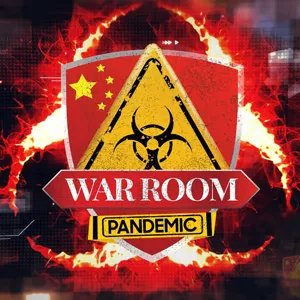I had my first illicit sips of beer at age 14, and continued to sip from time to time on Friday nights with friends throughout high school. I'm quite sure my parents knew this was going on, though I'm not sure they knew exactly how much or how often we drank.
What I do know is they never confronted me about it, demonstrating an implied trust in me that I responded to by making sure I never engaged in the gross excesses or the stupid and destructive acts that can accompany underage drinking. In this, I was not terribly different from many of the other kids in my ethnically diverse and class-mixed public school crowd.
I was thus shocked when I went off to an "exclusive" Jesuit college, whose enrollment drew heavily from Catholic feeder schools around the country and found that many of my fellow students had lived their high school years under strict family and/or school prohibitions against drinking and were thus engaging freely with alcohol for the first time.
The results weren't pretty.
There were, of course, the spectacular bouts of vomiting. But more troubling to me, even then, was how many of my classmates, these academically gifted people from "good" Catholic families, believed that, just as a juicy steak needs a hearty red, drinking requires destructiveness and the generalized despoiling of communal spaces.
And destroy they did, without the slightest bit of shame. As the poor janitors cleaned up the weekend messes on Monday mornings, students in the cafeteria would talk about how funny it was that so and so had "snapped" and ripped one of the toilets in their hall's bathroom from the wall.
The only explanation I could come up with then, and indeed now, was that there was a lot more pent-up rage in my classmates than I initially understood, and that it had a lot to do with having been raised in households where rules were many and trust in their inherent intelligence and wisdom was in short supply.
This all came back to me recently as I reflected upon how Western governments (and their compliant media accomplices) have come to view the citizens of the democracies they are elected to administer.
Whereas in my youth it was seen as completely unproblematic for a public high school to make Soviet Life readily available to its students, our cultural "elites" now seek - using new and invasive technologies and censorship euphemisms like misinformation and disinformation - to have minute control over the information diets of individual citizens.
And like those prohibitionist parents of my college classmates, they seem to think that by doing this they can forever shield those who voted for them or who read their articles from meditating on what they have decided are undesirable thoughts and desires.
These ostensibly secular elites and their press lackeys do so by appealing to the people's innate religious desire to know the sacred, and to distinguish it from the profane.
Unlike so many of us, who under the constant bombardment of consumerist propaganda have blithely abandoned long-standing ritual practices aimed at evoking wonder, they understand that the powerful transcendent yearnings that those forgotten ritual practices were meant to evoke are still very much present within us.
And in an effort to channel this enormous torrent of submerged energy toward their self-serving ends, they engage in campaigns designed to artificially sacralize things whose genesis and reality are clearly profane, which is to say, rooted in the always flawed and chiaroscuro nature of the human mind.
By portraying things like vaccines, diversity programs, uncontrolled immigration, pro-NATO governments, and the political prerogatives of the Israeli state as projects of a pristine moral nature whose sole purpose is to simply make the world a better place, they seek to remove them from the dialectical rough-and-tumble that ordinarily attends to political movements seeking broad public support.
And should an individual or an interest group deign to quest...





 View all episodes
View all episodes


 By Brownstone Institute
By Brownstone Institute



















